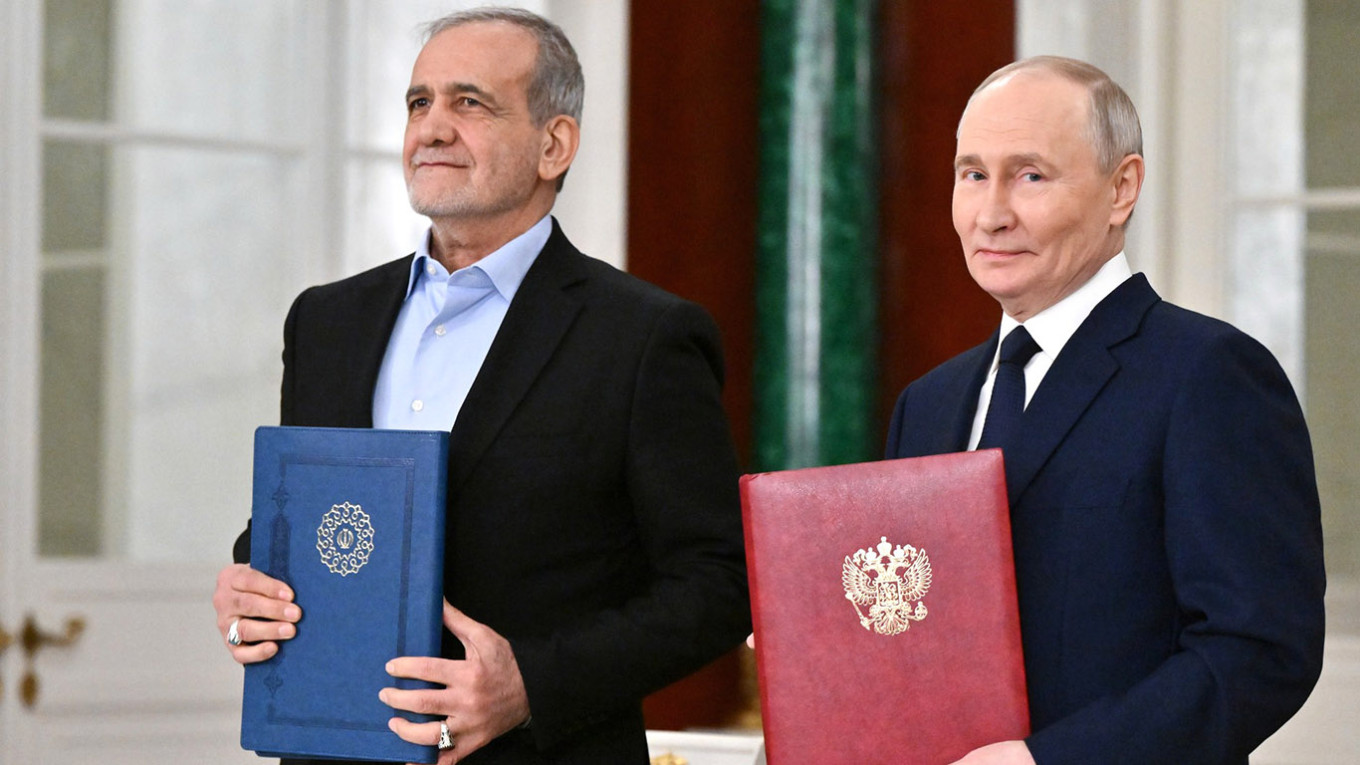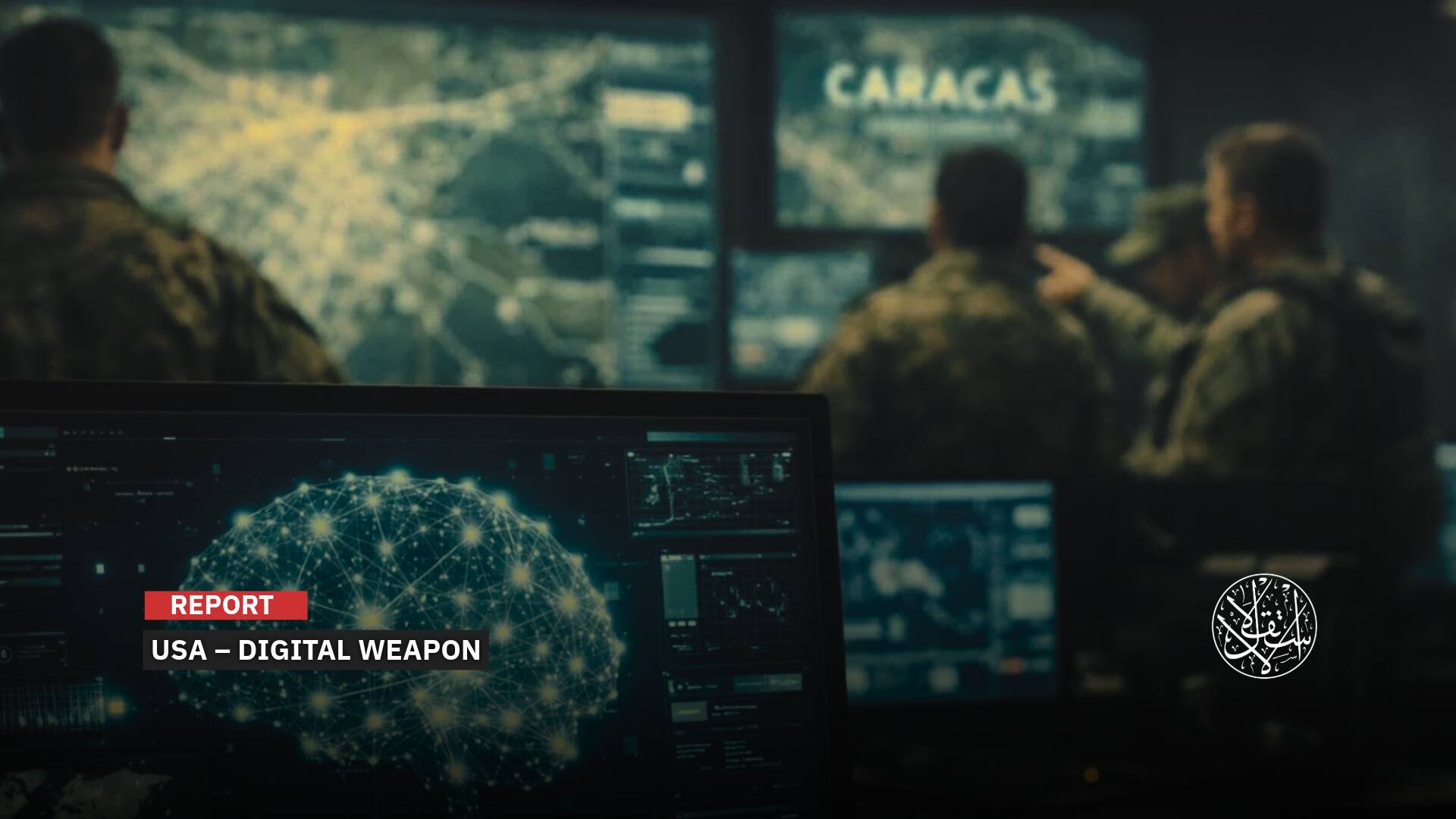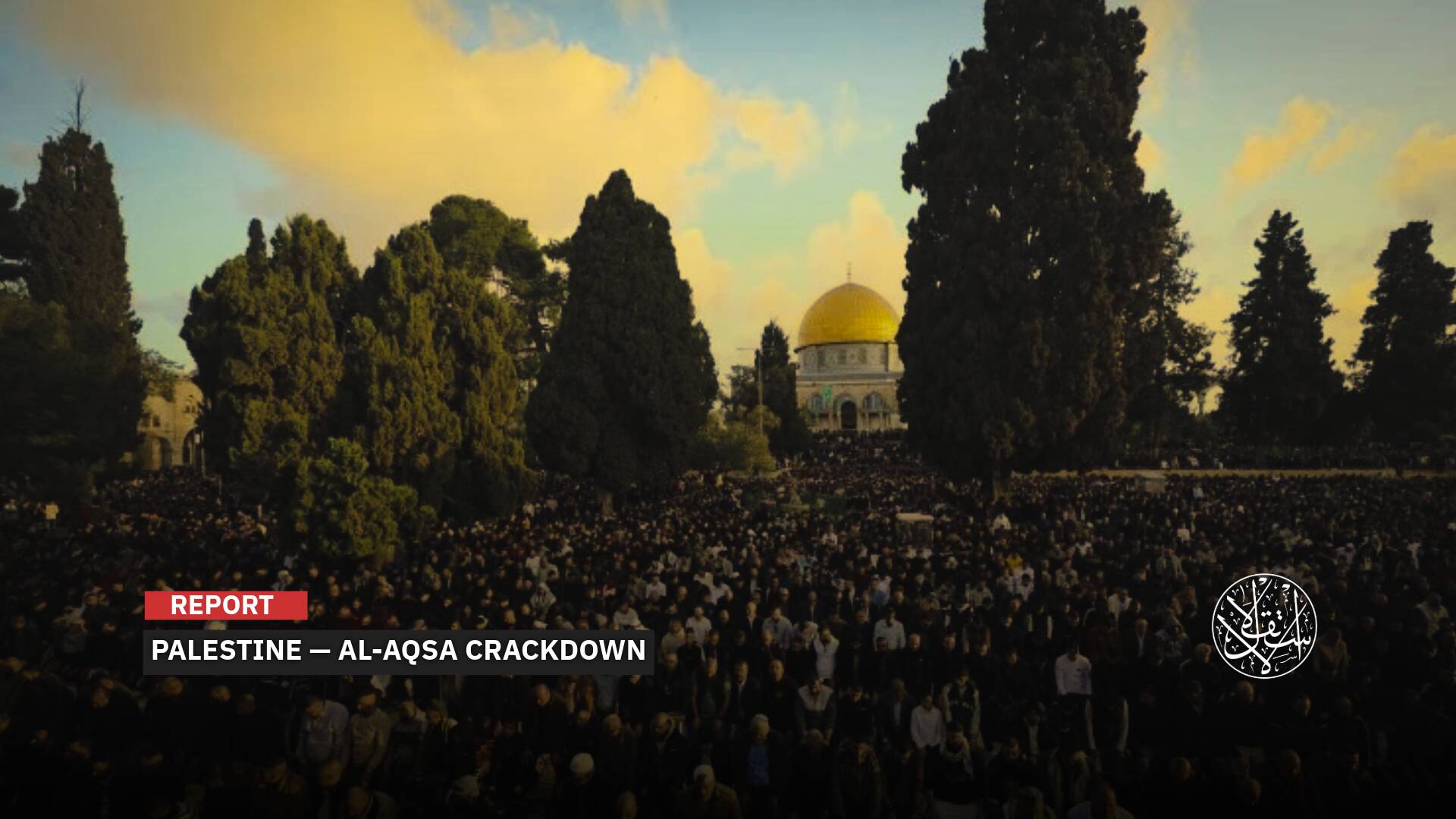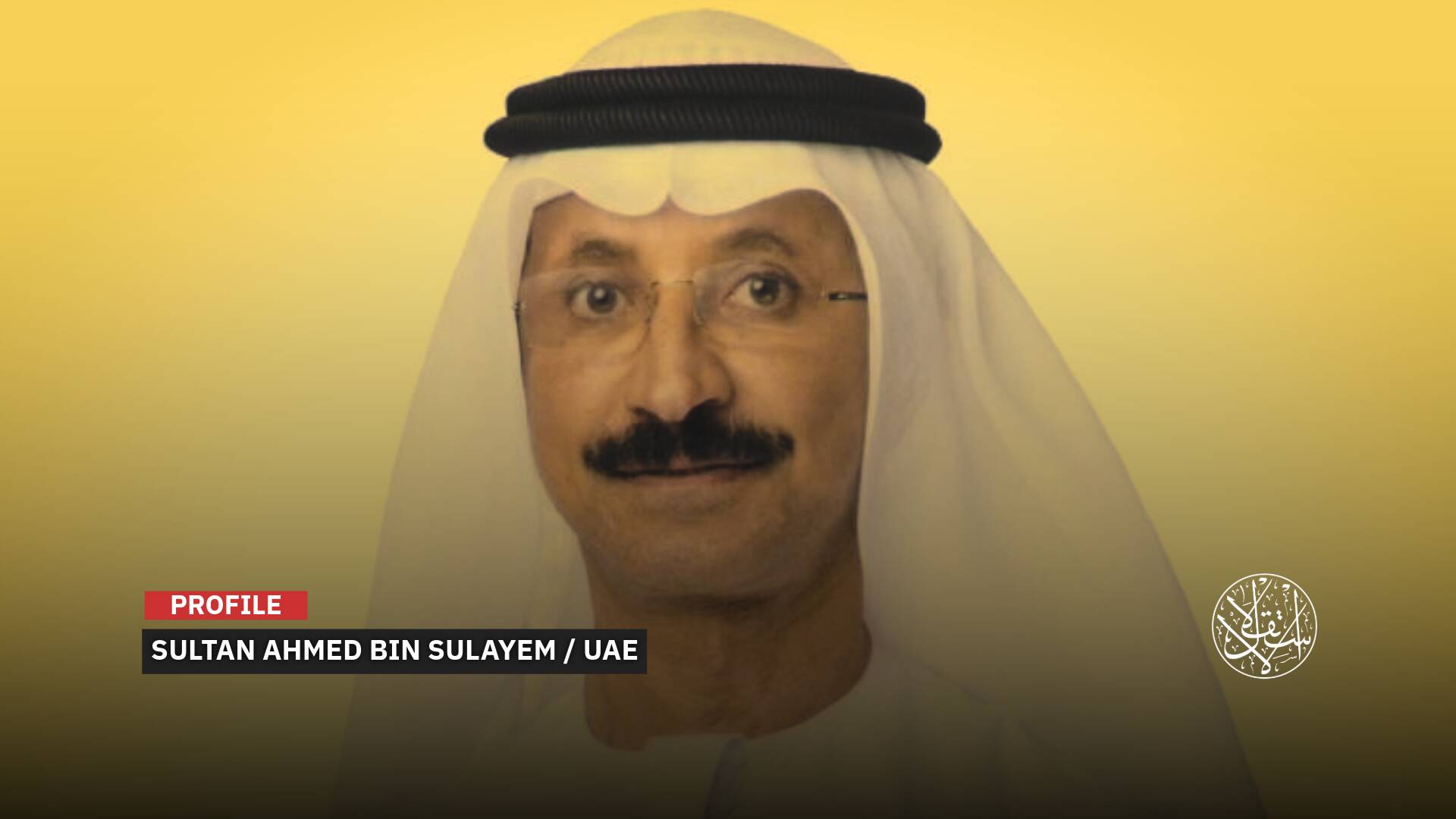The Calculated Pause: Why Russia Is Reluctant to Aid Iran in Its War with ‘Israel’

Russia has been a major beneficiary of Israeli aggression against Iran.
Despite counting Iran as a key economic and strategic partner — particularly relying on its drones in the Ukraine war—Russia has so far hesitated to come to Tehran’s aid following “Israel’s” military campaign.
After issuing a lukewarm condemnation of the Israeli strikes, Moscow turned its attention to Washington, warning the U.S. against “even contemplating” direct military support for “Israel’s” operations in Iran, claiming such a move would further destabilize the Middle East.
While the statement may have hinted at potential Russian military backing for its ally Iran in the face of growing U.S. influence, analysts dismissed it as largely symbolic and of little practical value.
Russian Deputy Foreign Minister Sergei Ryabkov, who issued the warning on June 18, 2025, made no mention of military support for Tehran — nor did he clarify how Moscow might respond if President Donald Trump were to enter the war and strike Iran’s nuclear facilities.
According to Israel’s Channel 12, military officials believe U.S. involvement in the conflict is not a question of if, but when — yet Moscow has offered no strong response suggesting it would stand by Iran in the event of an American offensive.
Russia’s hesitation, according to U.S. and Ukrainian media assessments, stems from a range of factors, chief among them its ongoing entanglement in the war in Ukraine and the belief, cited by Germany’s Deutsche Welle on June 17, 2025, that a costly Iranian war could yield Moscow economic gains.
Analysts suggest Moscow’s muted response reflects calculated political pragmatism: prioritizing its campaign in Ukraine while subtly discouraging direct U.S. intervention in a conflict that could ultimately trigger regime change in Tehran.
Unprepared!
In January 2025, Russian President Vladimir Putin and Iran’s Masoud Pezeshkian signed a “Comprehensive Strategic Partnership Treaty” aimed at deepening bilateral ties.
On April 8, 2025, the Russian parliament ratified the agreement, which includes provisions for jointly addressing shared threats — but notably stops short of establishing any form of military alliance.
“The signing of the treaty does not mean the establishment of a military alliance with Iran or mutual military assistance,” Russian Deputy Foreign Minister Andrei Rudenko said in an address to the State Duma at the time.
In the wake of the Israeli strikes on Iran, Tehran’s parliament ratified the agreement on June 15, hoping it might pave the way for Russian backing against “Israel.”
But despite its ambitious name, the treaty falls well short of a mutual defence pact; it does not oblige either party to provide military assistance in the event of an attack — rather, it merely commits both sides to refrain from aiding each other’s adversaries.
Russia made its position unequivocally clear on June 17, 2025, stating through its foreign ministry that the strategic partnership with Iran does not amount to a military alliance, and that Moscow bears no obligation to defend Tehran in the event of an armed confrontation.
The ministry stressed that cooperation with Iran remains confined to political and economic spheres, adding that Russia would focus its efforts on diplomatic channels to prevent any further escalation in the region.
Observers say it is increasingly unlikely the Kremlin will offer military assistance to Iran in the Israeli aggression against Iran — even more so if the United States enters the fray — according to Western assessments.
According to The Guardian, Nikita Smagin, an independent expert on Russia-Iran ties, said, “It has long been clear that Russia wouldn’t defend Iran militarily, because it is simply not prepared to risk a confrontation with Israel and the United States for Iran’s sake.”

Strategic Strike
A report by the Swiss-based South24 Centre, published on June 18, noted that Iran’s accession to the Shanghai Cooperation Organization and the BRICS group — co-founded by Russia — had led some observers to assume a closer alliance between Tehran and Moscow.
However, BRICS includes no security provisions, and joint membership in either organization carries no mutual defence obligations, making Russian military intervention in support of Iran highly unlikely, the report concluded.
The Moscow Times reported on June 16, 2025, that Russia’s role in the Israeli aggression against Iran is defined as a “strategic partnership, not a military alliance.”
As such, experts expect Moscow’s support for Tehran will be limited to diplomatic efforts through international bodies like the UN Security Council and the International Atomic Energy Agency.
Hannah Notte, a Russia and Middle East analyst at the Center for Nonproliferation Studies, suggested on X that this is the likely course Russia will take.
According to the Moscow Times, Notte also noted that Russia would likely continue to try to play the role of mediator in the conflict, given its desire to remain an influential player in regional and global affairs.
“The turbulence in the Middle East has proved too intense and unpredictable for Moscow to reliably steer in a favorable direction,” Notte added.
Ruslan Suleymanov, a researcher at the Institute for Development and Diplomacy at ADA University in Baku, told the Moscow Times, “Russia's credibility in the region was undermined last year when Putin showed his weakness while not supporting Bashar al-Assad in his fight with jihadists. Putin has made clear he is no longer reliable.”
“If the current Iranian regime collapses, it would be both a strategic and reputational blow for Russia,” the source with ties to the Russian foreign ministry told The Guardian.
“A bigger loss than the fall of Damascus,” the source added, referring to Moscow’s diminished influence over Syria after the fall of Bashar al-Assad, a longtime Kremlin ally whose eventual defeat marked the end of a costly decade-long Russian intervention.
“Moscow clearly doesn’t want conflict with Trump and is also doing everything it can to urge the U.S. to return to diplomacy. But Russia’s priority remains avoiding any moves that could undermine its warming ties with the new US administration or prompt a shift in Trump’s stance on Ukraine,” the source said.
“One area where Russia likely does not need to worry is in the supply of Iranian-designed Shahed drones that it uses to attack Ukraine,” according to The Moscow Times.
Nicole Grajewski, a nuclear policy expert at the Carnegie Endowment for International Peace who specializes in Russia and Iran, told The Telegraph that Moscow is now capable of producing up to 2,700 drones per month without Iranian support, which it significantly relied on in the first two years of its invasion of Ukraine.
What’s at Stake?
CNN reported on June 18 that Russia has much to lose amid the ongoing crisis.
The network added that there is a quiet, painful sense of humiliation within the Kremlin as it is forced to stand by helplessly while another key ally in the Middle East comes under heavy bombardment, unable or unwilling to intervene.
Russian political analyst Andrey Kortunov wrote in the business daily Kommersant on June 16 that “the escalation of the conflict carries serious risks and potential costs for Moscow.”
Iran has been one of Russia’s staunchest allies throughout the conflict, supplying thousands of Shahed drones and short-range ballistic missiles.
However, Serhiy Danilov, an expert at the Ukrainian Middle East Studies Association, told the Kyiv Independent that the Kremlin is “more likely to support Iran politically, diplomatically, and through intelligence sharing in its war with Israel.”
Nonetheless, Russia is unlikely to risk sparking a third world war with the United States over Iran—just as it has refrained from doing so over Ukraine.
As a result, Iranians and their allies, who pin their hopes on decisive Russian intervention should Washington back “Israel,” are likely to face profound disappointment, said Moscow-based American political analyst Andrew Korybko, who described such a scenario as highly improbable.
At most, Russia might offer emergency military aid and possibly some intelligence support to Iran — measures unlikely to alter the strategic military dynamics of the conflict.
The Guardian reported on June 18 that “the collapse of the Iranian regime would be a severe blow to Russia,” warning that “the Kremlin risks losing a key strategic partner.”
It added that “Moscow is increasingly anxious about Iran’s fate, while tacitly acknowledging its limited ability to influence unfolding events.”

Rising Oil Prices
In an ironic twist, the West’s assessment suggests Russia stands to be the primary beneficiary of the Israeli aggression against Iran, with soaring oil prices delivering significant profits and bolstering its cash reserves.
CNN reported on June 18, 2025, that this Israeli aggression against Iran serves the Kremlin’s economic interests.
The network explained how Moscow is cashing in on rising crude oil prices, with the dispute between Tehran and Jerusalem “also opening economic opportunities alongside diplomatic ones for the Kremlin, which has faced years of international isolation due to its war in Ukraine.”
The American network noted that “Russia tends to benefit when things go wrong in energy-rich regions and markets panic — exactly what is happening now as the Kremlin watches its Iranian ally weakened by Israeli airstrikes, all while reaping the rewards.”
The Kyiv Independent reported on June 13, 2025, that the war between “Israel” and Iran “will provide the economic boost Russia needs to continue fighting in Ukraine.”
It noted that “for Russia, this may be the adrenaline shot needed to revive the flagging price of Urals crude, which fell 14 percent year-on-year from January to May.”
Brent crude, the global benchmark, jumped from $69.36 to $74.50 and then $75 per barrel — levels not seen since February — with some oil experts warning prices could surge to $80 a barrel.
Russia has lost more than $150 billion over the past three years, but has yet to deliver a decisive blow, and its oil sector is set for a boost thanks to the Israeli aggression against Iran.
A report by the European Policy Analysis Center on June 17, 2025, also confirmed that “the Kremlin stands to gain unexpected benefits from the fighting in the Middle East in the form of higher oil revenues and strengthened cash reserves.”
A Bloomberg report on June 16, 2025, highlighted how Russia has been a major beneficiary of Israeli aggression against Iran, with European oil export prices rising from $45 to $60, later reaching $75.
As soon as the war between Iran and “Israel” erupted, global oil prices surged, boosting Russia’s revenue and increasing its foreign currency reserves.
Sources
- Why Russia hesitates to help Iran in conflict with Israel
- A Strategic Partnership, Not a Military Alliance: Russia’s Role in the Israel-Iran Conflict
- Even if Russia loses another Mideast ally, it stands to profit from the chaos
- Israel-Iran war could provide economic boost Russia needs to continue fight against Ukraine
- Russia’s Economy: Losing Altitude, Not Control
- Russian Policy Towards the Iranian-Israeli Conflict









